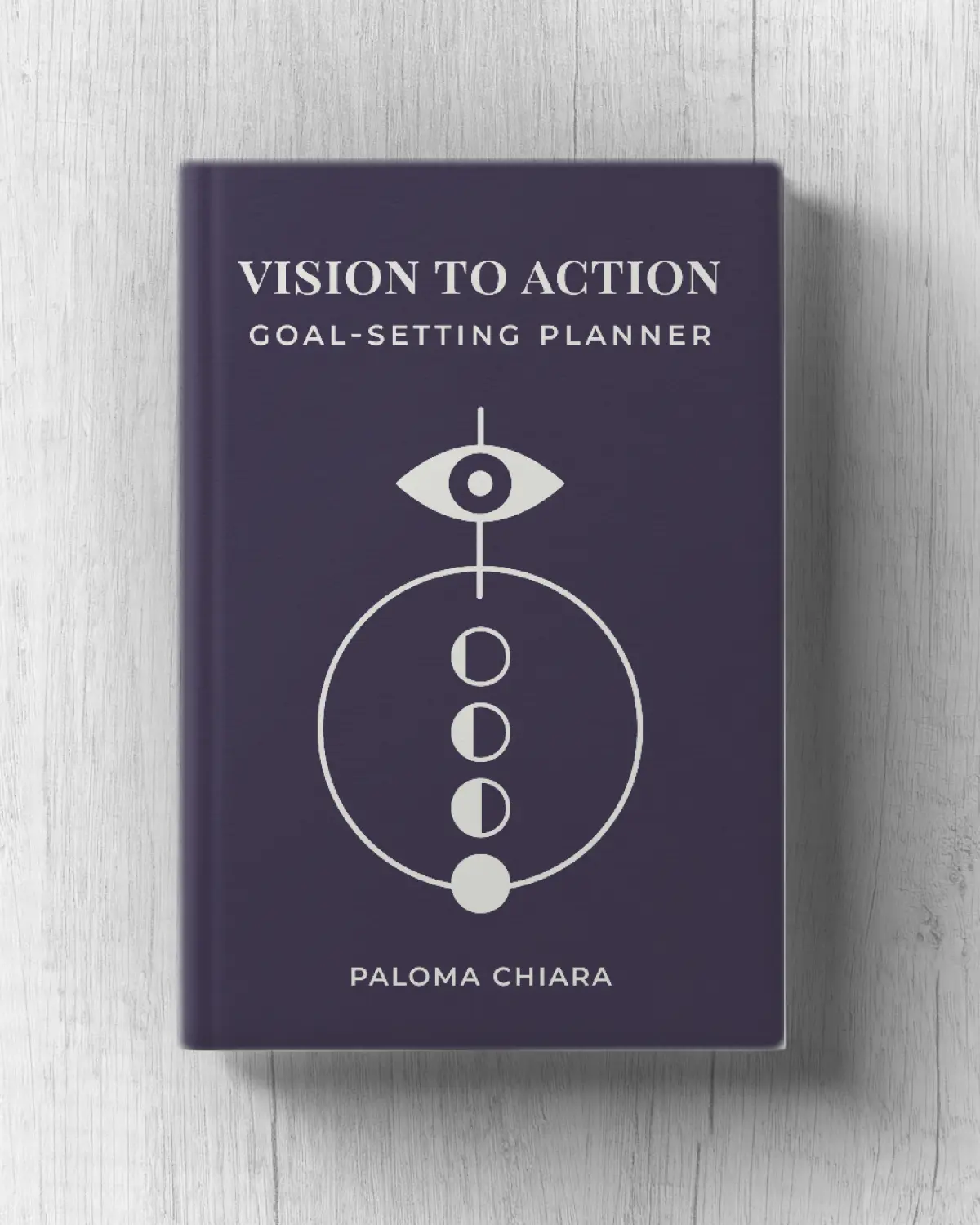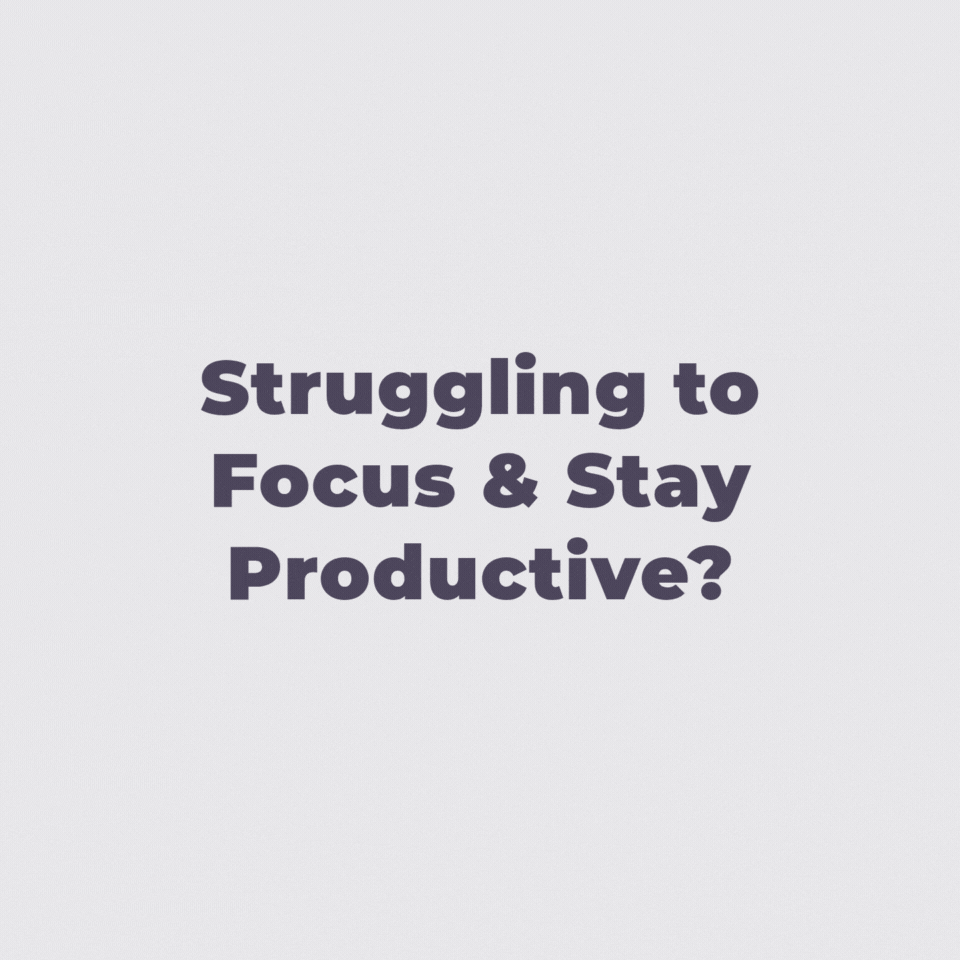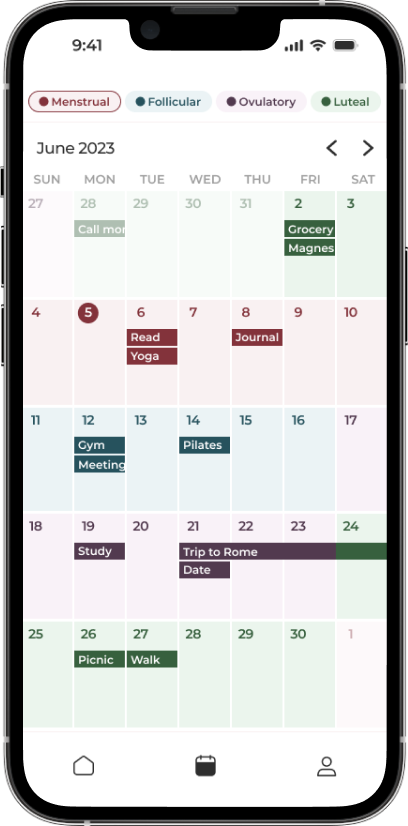What Is the Root of Procrastination?

Procrastination isn’t just about being lazy or lacking discipline—it often runs deeper than that. Whether it’s fear of failure, perfectionism, or simply feeling overwhelmed, putting things off can become a habit that quietly chips away at your confidence and goals. In this guide, we’ll explore what procrastination really is, why it happens, and how to break the cycle with practical strategies that actually work. No judgment—just clarity, awareness, and tools to help you take action with more ease.
Why Am I a Procrastinator?
If you’ve been calling yourself lazy for procrastinating, it’s time to shift that mindset. Most procrastinators actually care deeply about their work—they just feel blocked by something beneath the surface. Procrastination isn’t a character flaw. It’s often a response to emotional discomfort or fear.
Instead of forcing yourself to “just do it,” it helps to ask what you’re really avoiding.
Emotional Roots of Procrastination
Many of the reasons behind procrastination are emotional, not logical. You’re not avoiding the task itself, but the feelings it triggers.
Common emotional blocks include:
- Fear of failure: You might put things off because it feels safer than trying and not succeeding. This fear often leads to self-sabotage, where avoidance becomes a form of protection.
- Perfectionism: Wanting everything to be perfect can leave you paralyzed. If you’re waiting for the ideal time, mindset, or environment, you may never feel ready enough to start.
- Low self-worth: You may subconsciously believe you’re not capable of doing a good job, so you delay to avoid “proving” that belief true.
Procrastination as Emotional Avoidance
Your brain is wired to avoid pain—whether physical or emotional. If a task feels overwhelming, boring, or high-pressure, your brain seeks a quick escape. That might look like scrolling through your phone, suddenly cleaning your entire kitchen, or endlessly organizing your to-do list.
In the short term, this gives you relief. But long term, it adds stress and guilt.
Feeling Overwhelmed or Under-Resourced
Sometimes, procrastination is simply a sign that you don’t have enough clarity or capacity.
- You may not know where to start.
- You might be juggling too many tasks at once.
- Your physical or mental energy could be low, but you’re pushing through anyway.
In these cases, procrastination is your body’s way of asking for rest, direction, or help.
Habits and Environment Matter Too
Even if your reasons are emotional, your environment can reinforce your habits.
- A cluttered workspace makes it harder to focus.
- Notifications, open tabs, or even background noise can make small tasks feel harder than they are.
- Without a planning system that fits your lifestyle, your intentions stay in your head instead of becoming action.
This is why using a mobile-friendly planner with built-in spaces for goals, reflection, and daily tracking can help reduce resistance. The more aligned your tools are with your life, the easier it is to follow through.
Your Brain Is Trying to Protect You
It might sound strange, but procrastination is a form of self-protection. Your brain wants to shield you from discomfort, rejection, or burnout—even if the method is flawed. Instead of punishing yourself, practice self-compassion. Guilt adds weight to your tasks, while kindness lightens the load.
Remember:
- You’re not broken.
- You’re responding to something real.
- You can change the cycle—one small action at a time.
How Does Procrastination Work?
At its core, procrastination is not a time management issue—it’s an emotional regulation issue. When a task brings up uncomfortable feelings—like fear of failure, overwhelm, boredom, or confusion—your brain looks for a quick way to avoid that discomfort.
Instead of facing the task, you might:
- Open social media.
- Clean something that isn’t urgent.
- Start a different task that feels easier.
- Tell yourself you’ll do it “later”—and feel guilty afterward.
These are avoidance behaviors, and they give you temporary relief—but the stress of the original task doesn’t go away.
Your Brain Chooses Immediate Reward
Procrastination is often driven by the brain’s preference for short-term rewards over long-term goals. This is known as time inconsistency.
Here’s what happens:
- The logical part of your brain (prefrontal cortex) knows you want to finish that important project.
- But the emotional part (limbic system) wants to avoid discomfort and feel good now.
- The limbic system wins, unless you create systems or strategies to interrupt the cycle.
This is why you might genuinely want to finish something, but still scroll or delay. It’s not a lack of desire—it’s biology.
The Task Feels Bigger Than It Is
When you imagine the task, your brain may exaggerate its difficulty or pain. This leads to:
- Feeling stuck before even starting.
- Assuming it will take longer than it will.
- Thinking you need the perfect conditions to begin.
This mental distortion makes the task feel heavier than it is, which fuels more avoidance.
Avoidance Reinforces The Habit
Every time you avoid a task and feel temporary relief, your brain takes note: Avoiding helps me feel better. This strengthens the procrastination loop.
Over time, this becomes a habit:
- Discomfort → Avoid → Relief → Repeat
- The more often this happens, the harder it feels to break the cycle.
But just as the brain can form a procrastination habit, it can also learn new ones with repetition and awareness.
The Stress Builds In The Background
Even while avoiding the task, your brain doesn’t forget about it. It lingers in your mental space, causing:
- Guilt
- Anxiety
- Shame
- Sleep problems
This background stress drains your energy and focus—even if you’re not consciously thinking about the task. It’s a hidden cost that makes procrastination even more exhausting.
You Can Rewire The Cycle
The good news is that procrastination is learned—and it can be unlearned. Understanding how it works is already a powerful first step.
With the right tools, like the Mobile-Friendly Planner Spreadsheet, you can:
- Break tasks into smaller, more manageable chunks.
- Keep your long-term goals visible alongside weekly tasks.
- Easily move postponed tasks forward instead of forgetting them.
- Track habits and spot where avoidance tends to show up.
By using planning tools that align with how your brain works, and practicing compassion instead of guilt, you can slowly shift the pattern.

Check out the Vision to Action Planner for only 6$
More infoHow Do I Stop Procrastinating?
Before you jump into action, pause and reflect: What exactly am I avoiding right now? Is it fear of judgment? Confusion about where to begin? A task that feels too boring or too big?
Understanding the emotional reason behind your delay is the first step to shifting it.
- Ask yourself: What part of this task feels uncomfortable?
- Write it down to bring clarity.
- Sometimes, naming the feeling (like fear, boredom, or insecurity) takes away its power.
Break The Task Into Tiny Steps
Overwhelm is one of the biggest causes of procrastination. When something feels too big, your brain tells you to run away from it.
Instead of setting the goal as “Finish the report,” try:
- “Write the report title.”
- “Open a blank document.”
- “List 3 points I want to cover.”
These micro-tasks feel doable and create momentum. Starting is often the hardest part—after that, it gets easier.
Use Visual Tools To Stay Focused
Having a planner that works with your brain (not against it) can reduce mental friction. A digital planner like the Mobile-Friendly Planner Spreadsheet helps you:
- Set monthly goals that stay visible on your weekly view.
- Track habits and tasks without flipping between tabs or notebooks.
- Easily move postponed tasks to the next week so you don’t lose track.
Seeing everything laid out clearly lowers decision fatigue and keeps your intentions in sight.
Reduce Distractions Intentionally
If you’re surrounded by distractions, your willpower is already in a losing battle.
- Turn off notifications or use “Do Not Disturb” mode.
- Put your phone in another room if possible.
- Clear your desk of items you don’t need for the current task.
You don’t need a perfect environment—just a little less noise.
Try The “Just 5 Minutes” Rule
This technique works wonders if you’re stuck in a loop of overthinking. Tell yourself you only have to do the task for 5 minutes. Most of the time, once you begin, you’ll keep going.
This bypasses the mental resistance and shifts you into motion with minimal pressure.
Celebrate Progress, Not Just Completion
Your brain needs rewards. Don’t wait until the whole project is done—celebrate each step forward.
- Place a check to mark off what you’ve finished.
- Pause for a moment and say, “That was a win.”
- Treat yourself to a small break or comfort after each milestone.
This builds positive reinforcement and makes future tasks feel less dreadful.
Be Compassionate With Yourself
You won’t stop procrastinating overnight. But every time you act with awareness and kindness, you make it easier to try again next time.
- You’re not lazy—you’re human.
- Change happens through patience and repetition, not pressure.
- Give yourself credit for every moment of progress.
The goal isn’t to be perfectly productive—it’s to build trust with yourself that you can follow through, even when it’s hard.
Quiz: What Is Blocking Your Success?
This quick quiz will help you figure out which mental or behavioral pattern might be holding you back from achieving your full potential. Identifying your specific success blocker is the first step toward breaking through to new levels of achievement and fulfillment.
Read each question and choose the answer that feels most true to your situation.
No email or payment is required to complete the quiz and receive your personalized insights.
Once you have your primary success blocker, you have clarity about what’s been holding you back. This awareness is powerful—many people spend years struggling without understanding the specific pattern that’s limiting their progress.
Remember, these patterns aren’t permanent character traits but rather habitual ways of thinking and behaving that can be changed with the right guidance and practice.
If you’re ready to break through your specific blocker and achieve the success you know you’re capable of, send me an email to try out a coaching session. Your breakthrough awaits!
Still waiting for the 'perfect time'?
Email me what you'd do if you stopped making excuses. We'll work backwards from there.
Let's startRecent posts
-
The Complete Guide to Becoming a High Achiever
Read blog -
How To Make a Positive Impact in Your Community
Read blog -
What Is the “Winter Arc” Challenge?
Read blog -
What Is "the Great Lock-In" and Should You Try It?
Read blog -
What Are the 75 Hard and Soft Challenges?
Read blog -
How to Validate Yourself
Read blog

The App Made To Sync Your Lifestyle to Your Menstrual Cycle.
A solution for women who are looking to keep track of what they sync to their cycles, such as fitness, diet, etc. by adding it to a calendar that also predict their phases.
Learn more





Comment